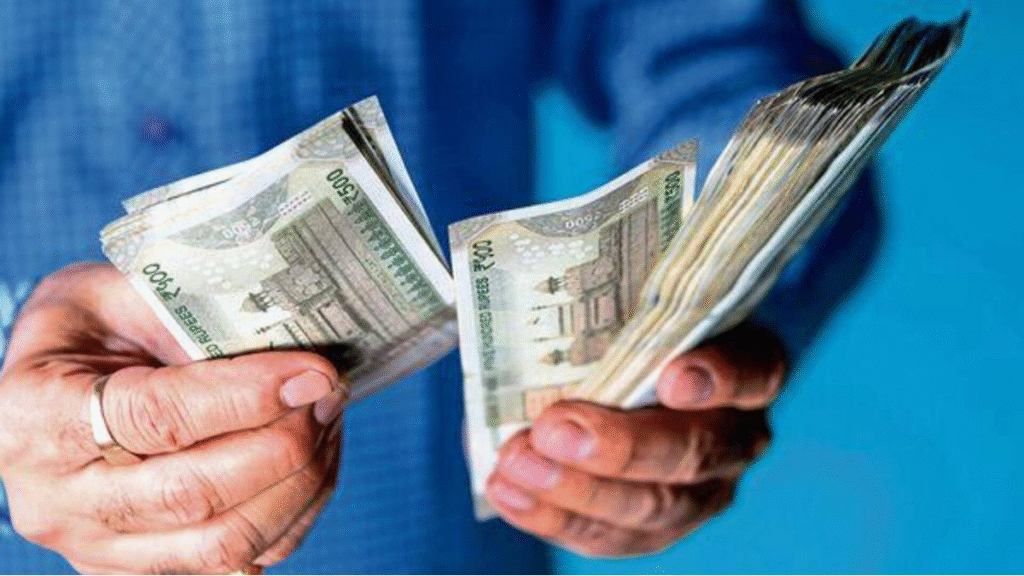Credit cards can be powerful financial tools when used responsibly. However, mismanagement often leads to spiraling debt, high-interest payments, and poor credit scores. Avoiding credit card debt traps requires knowledge, planning, and self-discipline. This guide offers practical tips to help you use credit cards wisely and avoid falling into financial pitfalls.
Understanding the Debt Trap
Before diving into strategies to avoid it, it’s essential to understand what a credit card debt trap is. A debt trap occurs when you continuously carry a balance and pay only the minimum due, leading to compounding interest and growing outstanding amounts. Over time, your payments mostly go toward interest instead of the principal amount, making it difficult to repay the debt.
Smart Credit Card Usage Tips
Set a Clear Spending Limit

Don’t max out your card just because you’re approved for a high limit. Set a personal cap below your actual credit limit to control your spending and avoid financial stress.
Always Pay More Than the Minimum
Paying only the minimum due keeps you in debt longer and increases your interest burden. Try to pay off the full balance or at least more than the minimum to reduce your outstanding amount faster.
Avoid Impulse Purchases
Impulse buying is one of the biggest culprits of credit card debt. Stick to a shopping list and delay non-essential purchases for 24–48 hours to assess whether they are truly necessary.
Track Every Transaction
Keep a record of all your credit card transactions. Use budgeting apps or spreadsheets to stay aware of your total expenses and avoid overuse.
Use Automatic Alerts
Set up SMS or app alerts for every transaction, nearing credit limits, and due dates. These reminders help you stay accountable and avoid missed payments.
Manage Your Credit Card Payments Effectively
Pay on Time, Every Time
Timely payments prevent late fees and interest hikes. Set reminders or automate payments to avoid missing due dates.
Avoid Carrying a Balance
Carrying a balance from month to month leads to higher interest payments. Aim to pay off the balance in full each month if possible.
Tackle High-Interest Debt First
If you hold multiple cards, prioritize paying off the one with the highest interest rate. This reduces the overall interest burden faster.
Avoid Cash Withdrawals Using Credit Cards
Withdrawing cash from your credit card attracts immediate interest charges and high fees. Use debit cards or cash for such needs instead.
Build Financial Discipline
Stick to a Monthly Budget
Create a realistic budget based on your income and fixed expenses. Allocate a specific amount for credit card usage and never exceed it.
Understand the Interest Rates
Know the Annual Percentage Rate (APR) and how it’s applied. Higher APRs mean costlier debt. Factor this into your spending and repayment decisions.
Avoid Using Cards for Everyday Expenses
Using credit cards for daily essentials like groceries or fuel might make budgeting harder. Instead, reserve credit card usage for planned expenses.
Limit the Number of Credit Cards
Having multiple cards can tempt you into overspending. Stick to one or two cards to keep track of expenses and due dates easily.
Know Your Credit Card Features and Fees
Understand Hidden Charges
Read the fine print to know about fees like annual charges, over-limit fees, late payment penalties, and foreign transaction charges. This helps you avoid unexpected costs.
Monitor Your Credit Report
Check your credit report regularly to identify errors or signs of fraudulent activity. A poor credit score can affect your borrowing power in the future.
Use Grace Periods Wisely
Many cards offer a grace period where no interest is charged if the balance is paid in full. Take full advantage of this feature to avoid interest accumulation.
Handle Credit Card Debt Strategically
Consider the Snowball or Avalanche Method
Use the snowball method to pay off the smallest debt first, or the avalanche method to focus on high-interest debt. Choose what works best for your situation.
Avoid Paying One Card with Another
Using one credit card to pay off another can create a cycle of debt. It’s better to use savings or increase income sources to clear dues.
Negotiate for Lower Interest Rates
If you have a good repayment history, contact your issuer to request a reduced interest rate. It’s not guaranteed but worth trying.
Avoid Minimum Payment Mentality
Viewing the minimum due as the actual payment can be misleading. It prolongs your debt and increases total interest paid over time.
Cultivate Healthy Credit Habits
Use Reward Points Carefully
Reward programs are appealing but shouldn’t influence unnecessary spending. Redeem points wisely and don’t let them drive your purchases.
Don’t Close Old Cards Abruptly
Your credit history plays a major role in your credit score. Closing old cards can shorten your credit age and lower your score.
Educate Yourself About Credit Terms
Make an effort to understand financial terms like APR, billing cycles, and grace periods. This knowledge empowers you to make better decisions.
When to Seek Help
Contact a Credit Counselor

If your debt feels unmanageable, consider reaching out to a financial advisor or credit counselor. They can help you restructure your repayments.
Explore Balance Transfers Wisely
Balance transfers can help reduce interest for a limited time, but be cautious of fees and ensure you can pay off the debt during the offer period.
Consider a Debt Management Plan (DMP)
A DMP allows you to make a single payment toward your debts through a third-party service. It may lower your interest and simplify repayment.
Also Read : Building Wealth with Compound Interest
Conclusion
Avoiding credit card debt traps requires a proactive and disciplined approach. By setting limits, paying more than the minimum, tracking expenses, and educating yourself about credit management, you can use your credit card as a financial tool rather than a burden. Responsible usage not only prevents debt but also helps build a strong credit score for future financial goals.
FAQs
1 What is the best way to use a credit card without falling into debt?
Pay your balance in full each month, spend within your limits, and track your expenses regularly.
2 Should I use my credit card for everyday purchases?
It’s better to use a debit card or cash for daily needs unless you’re confident in paying the full balance monthly.
3 Is it okay to carry a small balance on my card?
While it won’t hurt your score significantly, it will still accrue interest. It’s best to avoid carrying any balance if possible.
4 How many credit cards should I have?
Ideally one or two, to manage expenses efficiently and avoid temptation to overspend.
5 What happens if I only pay the minimum due?
You’ll remain in debt longer and pay much more in interest over time. Always try to pay more than the minimum.







